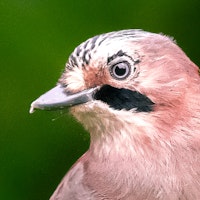
Crows
Eurasian Jay
The Eurasian Jay, also known as the 'jaybird' or 'jay', is a colorful and intelligent bird species found in woodlands and gardens throughout Ireland. It is known for its distinctive blue and black plumage, acrobatic foraging behavior, and harsh, screeching call.

Description:
The Eurasian Jay is a striking bird that is found in Ireland. It is a member of the crow family, and is often mistaken for a robin due to its bright blue and black feathers. However, the jay is much larger in size than the robin. It has a distinctive crest of feathers on its head, which it raises or lowers depending on its mood.
What they eat:
The Eurasian Jay is a carnivorous bird and primarily feeds on insects. However, they are known to also feed on small rodents, eggs, and even carrion. During the winter months, when insects are scarce, they rely more heavily on acorns, nuts, and seeds.
Habitat:
Eurasian Jays can be found in a variety of habitats all across Ireland, including deciduous and coniferous forests, parks, and gardens.
Size and Wingspan:
The Eurasian Jay is a medium-sized bird, measuring around 30 cm in length and weighing between 150-200 grams. Its wingspan ranges from 52-60 cm.
Male/Female Difference:
Both male and female Jays look similar, with the males being slightly larger than the females.
Where to find:
Eurasian Jays can be found across Ireland, but their range is limited by their reliance on forests as habitat.
What months can be found in Ireland:
Eurasian Jays can be found throughout the year in Ireland, but are more common during the months of March through to June when breeding takes place.
Interesting note:
Eurasian Jays are known for their strong memory and are capable of hiding their food in various locations to ensure they have a steady supply throughout the year. This cache-hoarding behavior makes them important seed dispersers, as they often forget or do not retrieve all the seeds they have hidden, leading to new plant growth.
Other Birds of Ireland...
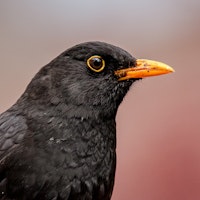
Blackbird
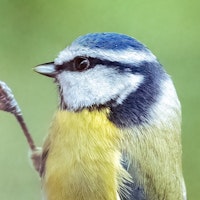
Blue Tit
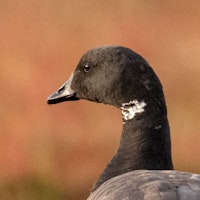
Brent Goose
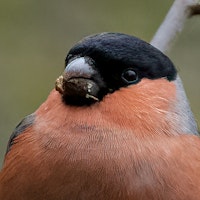
Bullfinch
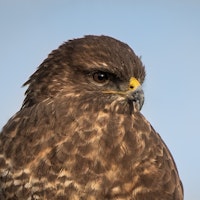
Buzzard

Chaffinch
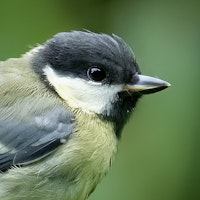
Coal Tit
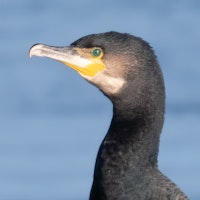
Cormorant
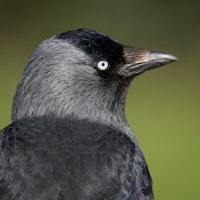
Crow
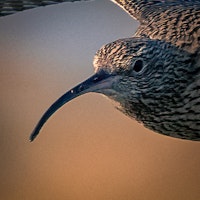
Curlew
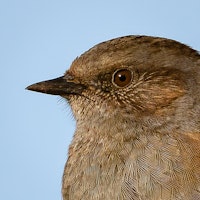
Dunnock

Eurasian Jay
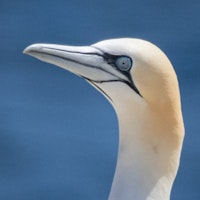
Gannet
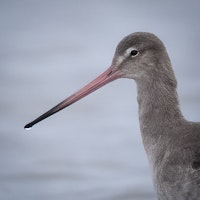
Godwit
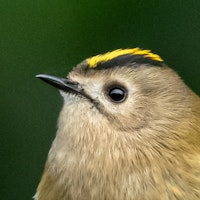
Goldcrest
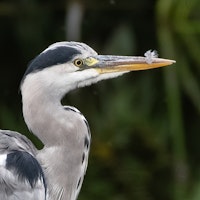
Grey Heron
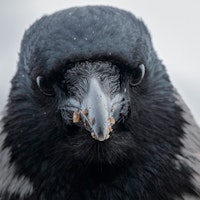
Hooded Crow
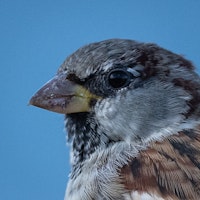
House Sparrow
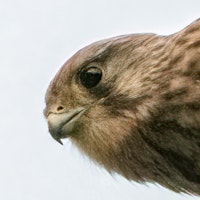
Kestrel
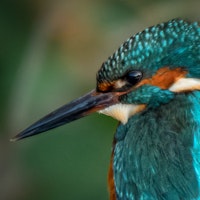
Kingfisher

Lapwing

Little Egret

Long Eared Owl

Long-tailed Tit

Mallard Duck

Merlin

Moorhen

Mute Swan

Oyster Catcher

Peregrine Falcon

Pied Wagtail

Pintail

Puffin

Red Kite

Redshank

Robin

Rook

Sanderling
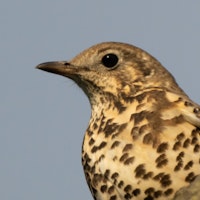
Song Thrush

Sparrowhawk

Starling

Stonechat

Swallow

Tree Creeper

Wren
More pages currently being produced...
Please connect to get updated when new pages are published




